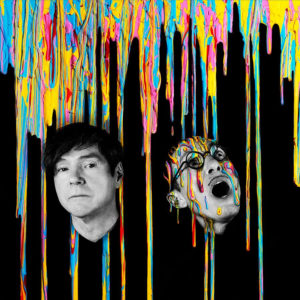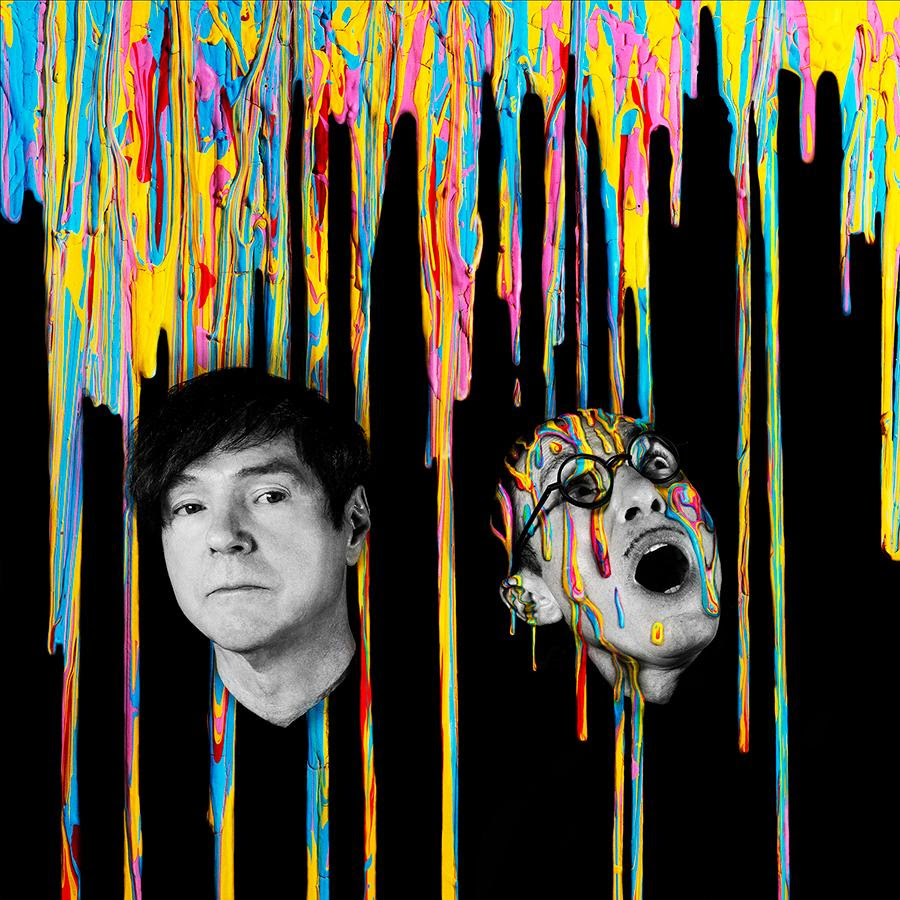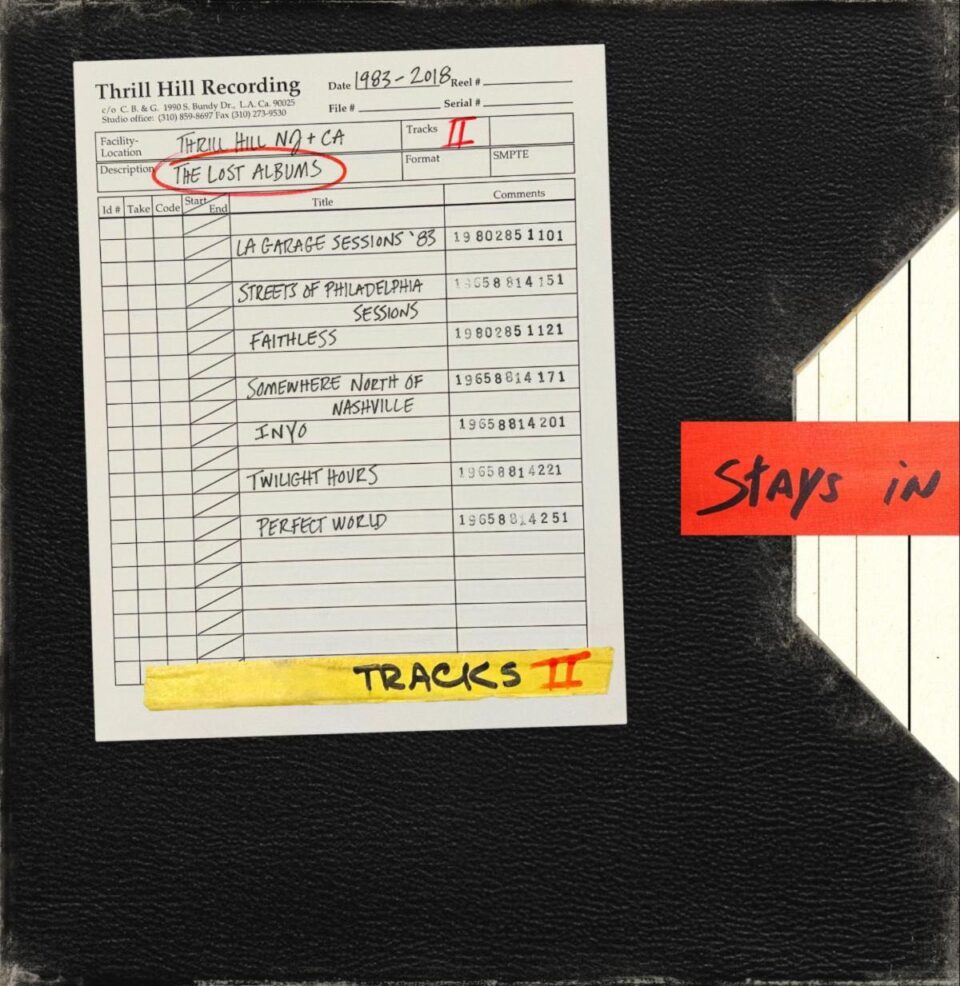Sparks 
A Steady Drip, Drip, Drip
BMG
7/10
Including their time (and sole 1971 album) as Halfnelson, brothers Russell and Ron Mael have been at the quirky business of Sparks for over fifty years—longer when you consider their childhood (as clothing models, no less) in the Pacific Palisades. While their familial sentence-finishing intuition and self-universe-held wit has certainly fueled their innate language of cheekiness, Sparks’ genre-jumbling musical sensibilities were surely formed by years of imaginary band-making in their adolescent bedrooms.
While some of us latched onto Sparks in their art-pop/glam-rock ’70s (the oxygenated “This Town Ain’t Big Enough for Both Us”), popular audiences caught wind of them post-disco-tronica (the gorgeous, Giorgio Moroder–produced No. 1 in Heaven) with the new-wave bounce of “Cool Places” and Angst in My Pants. Chamber pop, synth-phonic rock, post-punk, circumstantial pomp, supremely studied soundtracks—all have been part of Sparks’ mixed bag grand schematic.
“Our inconsistency is our consistency / Our insincerity is our sincerity,” Russel Mael bellows on A Steady Drip, Drip, Drip—Sparks’ twenty-fourth studio album—in what must be a Citizen Kane–like statement of intent. From the neo-doo-wop Beach Boy-ish “Lawnmower,” to the stop-and-start electro-rocking “I’m Toast,” to the jazzy, chamber chorale folk (and perhaps something of an autobiography) of “All That,” to the majestic arpeggios of “One for the Ages,” Drip, Drip, Drip is as unnervingly varied as most of the Mael brothers work—especially in the twenty-first century.
While borrowing from their own recent merry death-disco music with Franz Ferdinand (as FFS) on “Self-Effacing,” its lyrics are, as usual, a tortured but humorous critique, a look within. But Russell’s operatic highs also manage to touch upon the broad currency of ecology and worldly concerns with the genuinely touching “Please Don’t Fuck Up My World.” Wrapping the serious in a jokey title is nothing new for Sparks, but looking outward to the de-greening of the planet is. After all this time together, Sparks prove that they’ll always have something new and bracing up their sleeves.









